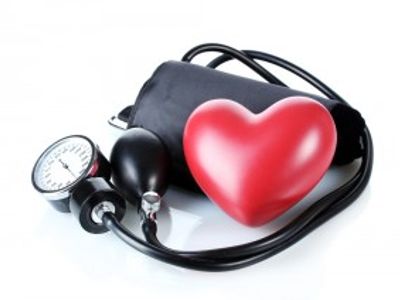Many changes take place in our surroundings come fall—the leaves start to turn from lush green to vibrant reds, yellows, oranges, and golds; it starts to get dark earlier in the evenings; and there’s a crisp nip in the air that calls for knit layers. However, as autumn gradually whisks away summer, the changing season can also impact the human body and mood.
We Sleep More
If you feel the urge to hit snooze and crawl back into bed at your normal wake up time, you’re not alone. According to a Harvard study, hypersomnia, or the tendency to oversleep is common during early autumn. In fact, findings show that most individuals sleep an extra 2.7 hours each day starting in October versus any other month of the year.
We’re a Tad Parched
The weather cooling down usually doesn’t invoke the need to hydrate. However, as the temperature drops, the tendency to reach for caffeinated beverages—like coffee, tea, and hot chocolate—many of which have diuretic affects, may result in lacking H2O levels. So keep a water bottle handy to combat the impact of dehydrating beverages (i.e., dry skin, lips, hair, and nails).
We Feel Zapped of Energy
With all of that extra sleep, you might wonder why you feel so exhausted in early autumn. However, research published in the New England Journal of Medicine says you can blame it on shorter days and longer nights (aka: lack of sunshine and vitamin D), which limit our fall exposure to ultraviolet light rays and mess with our circadian (sleeping and walking) rhythms—leaving you sleep deprived and zapped of energy in your waking hours.
We Feel Blue
You likely know someone who suffers from SAD (seasonal affective disorder), a condition that causes a weather-related type of depression during fall and winter. However, even if you don’t experience the full-blown symptoms of SAD, UK neuroscientist, Professor Russell Foster, says that it’s common to feel slightly blue when the temperature dips and the sunshine diminishes in early autumn. According to Dr. Foster’s research, just 30-minutes spent outside when the sun is at it’s peak (between 6am and 10am) will reset our body’s internal clock and prevent the autumn blues.
We Eat More
It’s common to experience hunger when we feel zapped of energy and sleep. However, if you’ve been craving baked goods and crusty breads of late, you’re not alone. The National Institutes of Mental Health explains that when the temperature drops in early fall, the brain sends messages to the body to stock up on insulating carbohydrates to prepare for late fall and winter hibernation.
We Experience Increased Blood Pressure
Sometimes a cable knit sweater isn’t enough. But that’s alright, your body won’t let you freeze, according to researchers at Saint Louis University who claim the body will naturally rev blood pressure in order to conserve heat during colder months. This isn’t an issue if you’re healthy, warn doctors. However, if you suffer from hypertension, fall and winter may exacerbate rise in blood pressure and a heart attack.
We Get a Brain Boost
It’s not all doom and gloom for fall lovers! In fact, as autumn spells the end of humid, hot temperatures, your memory and your problem-solving abilities actually improve, according to research from Cornell University. Findings pointed out that when the thermostat soars (above 80-degrees Fahrenheit), focus drifts from the brain to the body in an attempt to regain optimal temperature. That means if you layer up all cozy-like in autumn, you will remain productive.

 Home
Home Health
Health Diet & Nutrition
Diet & Nutrition Living Well
Living Well More
More

















